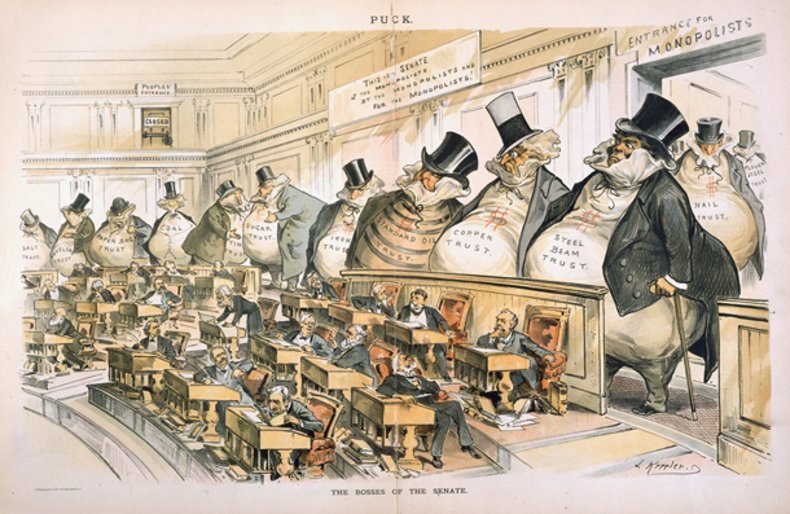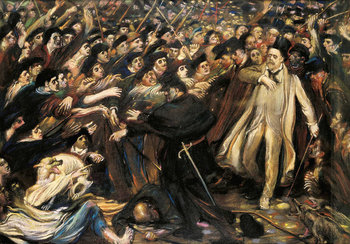
An Illustrative Example
A company hires a new executive to lead technology. Within a year, the executive has brought in dozens of employees, all from her previous company. In each case, the employees are given inflated job titles and salaries as compared to their experience, capabilities and work history. The executive initiates large scale programs and makes big promises in order to justify these expenses.The new employees are extremely loyal to the executive but are hostile to anyone in the organization with authority who doesn't belong to the executive's circle of influence. With time, the group manages to push out the competition and recruit more friends into the firm beyond the technology department. The excessive compensation and underqualified employees are bad for the organization. In many cases, these circles of influence aren't serious about improving the business and intend to move on when they inevitably cause major failures that are noticed by the CEO, governance bodies or investors.Such groups may award overvalued contracts and purchases to friends outside the organization. These serve as favors that allow the group to go on to other organizations if they are forced out or if their current firm is driven to financial ruin.Political Cronyism
In some nations, politics is defined by large and complex systems of cronyism that involve government policies, laws, regulatory decisions, contracts and purchases in exchange for jobs, political contributions or exorbitant consulting or speaking fees.| Overview: Cronyism | ||
Type | ||
Definition | The extension of unfair economic advantages to friends or allies. | |
Related Concepts | ||




























